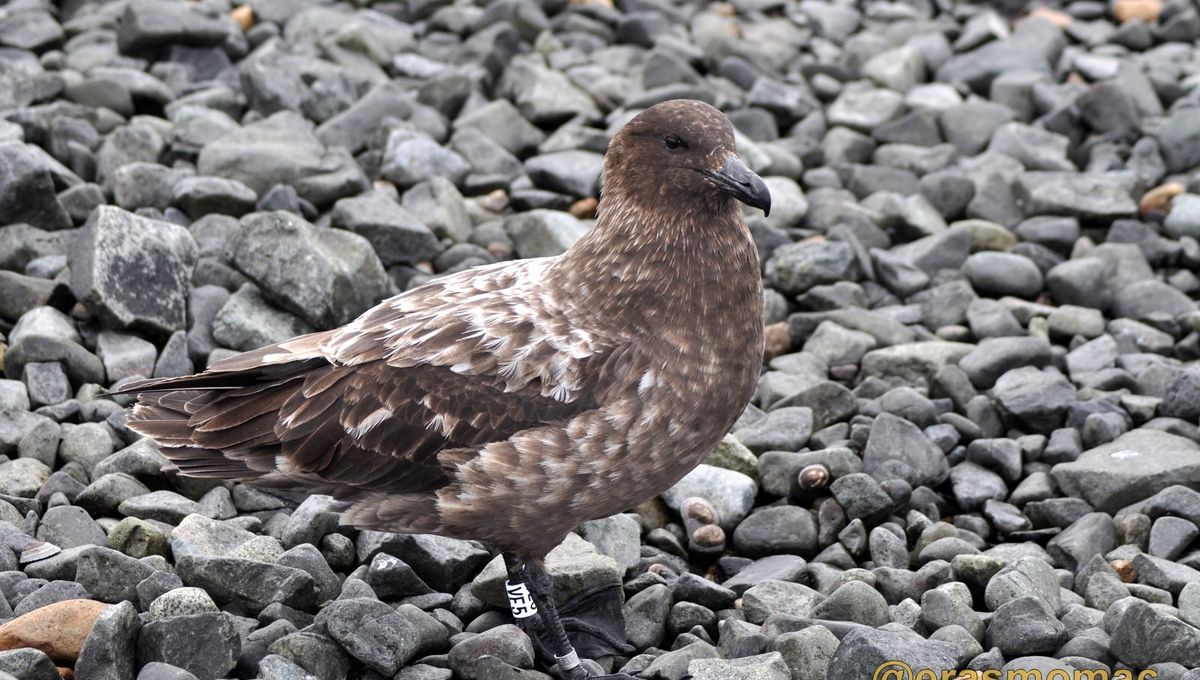
Bird flu has been detected on Bird Island, South Georgia, marking the first time the disease has ever been found in the Antarctic region, the British Antarctic Survey (BAS) confirmed Monday.
Following reports of unexplained deaths among brown skua on the island, BAS staff sent samples to the UK for testing. Unfortunately, they returned positive results, sparking fears the disease could spread to other bird species on the island.
Bird Island, which is home to a BAS research station, is one of the richest wildlife sites in the world and home to a wide variety of bird species including macaroni and gentoo penguins, albatrosses, and small burrowing birds such as petrels and prions – many of which are listed as endangered, threatened, or near-threatened.
“It’s really worrying,” Dr Norman Ratcliffe, a seabird ecologist with the BAS told The Telegraph.
“Bird Island is one of the most exceptional habitats – the variety and density of birds is astonishing – so it’s very concerning that it has arrived in such an important location.”
The current outbreak of bird flu – H5N1 – has already killed millions of birds across the globe in the past year, but until now has never been known in the Antarctic region.
The BAS believes it may have been brought over by migratory brown skua upon their return from South America, where there have been a large number of HPAI cases. In Peru and Chile alone, more than 500,000 wild birds have been reported dead in the last year, according to a report from OFFLU.
As a result of the confirmed cases, the BAS has suspended the majority of fieldwork involving animal handling and enhanced biosecurity measures – such as the cleaning of clothing and field equipment, and observation of areas of high wildlife density – remain in place.
Key elements of their wider science program will continue under caution, namely the monitoring of seabird colonies on Bird Island.
“[The Government of South Georgia & the South Sandwich Islands] and BAS will continue to work together to monitor the impact of the wildlife at Bird Island, and the potential spread to other areas,” a statement from the BAS reads.
Although avian influenza viruses normally spread among birds, the World Health Organisation has reported an increasing number of H5N1 cases in mammals, which they say raises concerns the virus could adapt to infect humans too.
Source Link: Bird Flu Hits Antarctic Region For First Time Ever